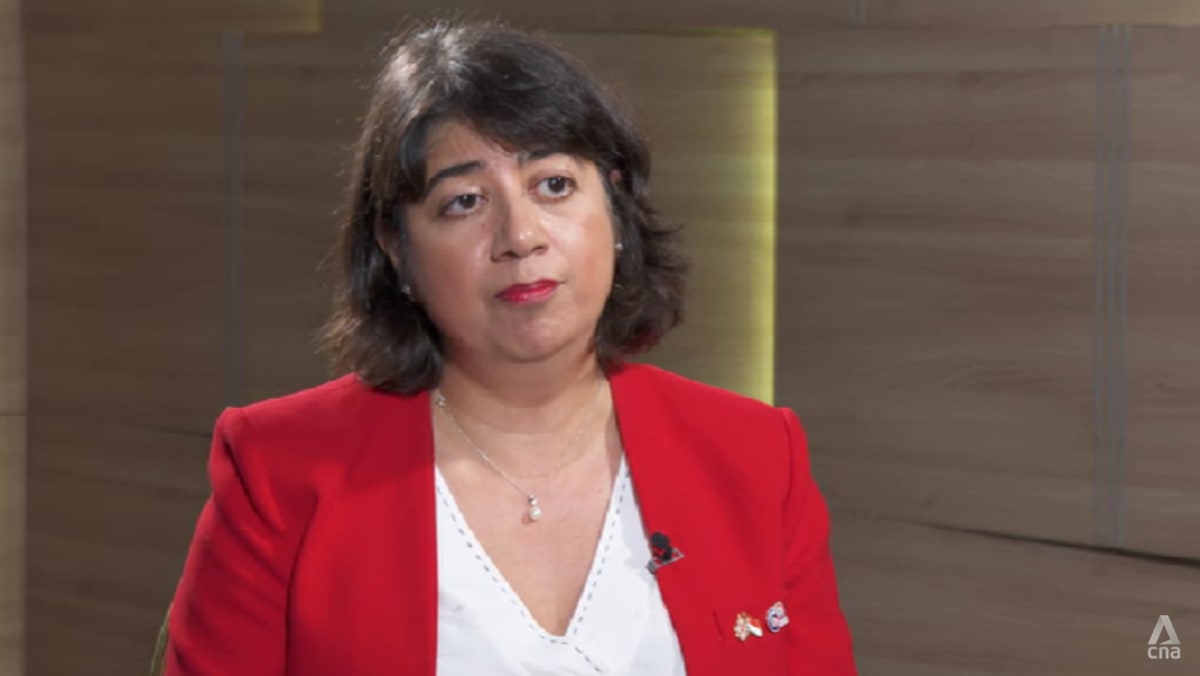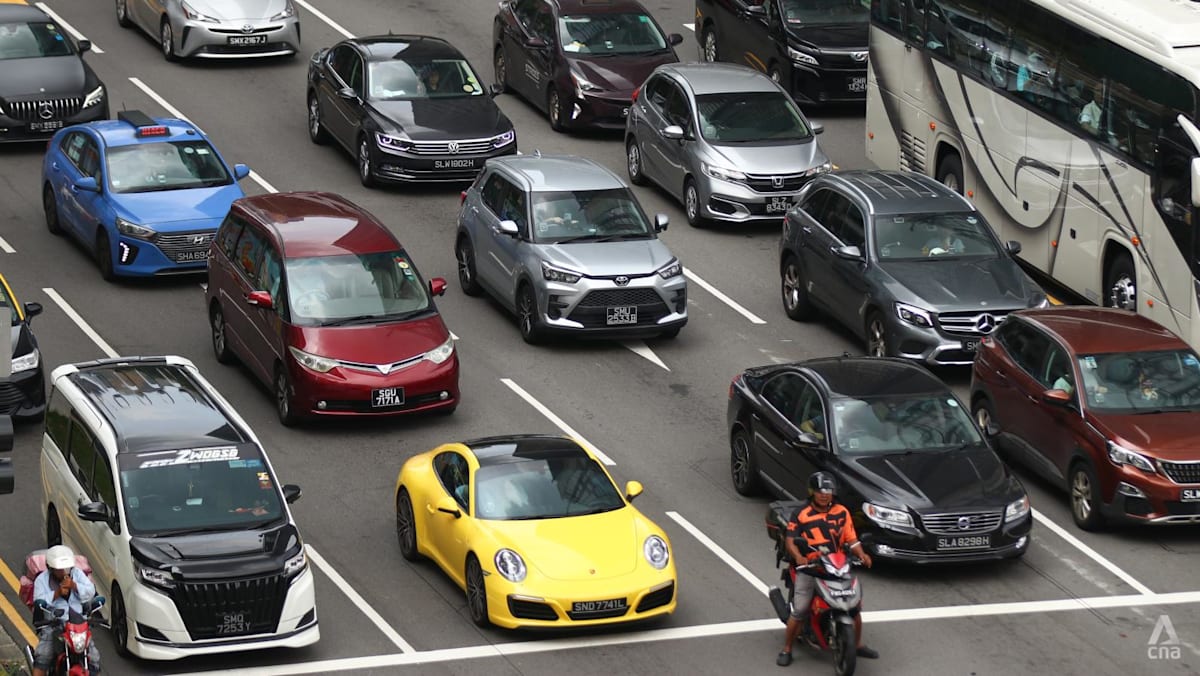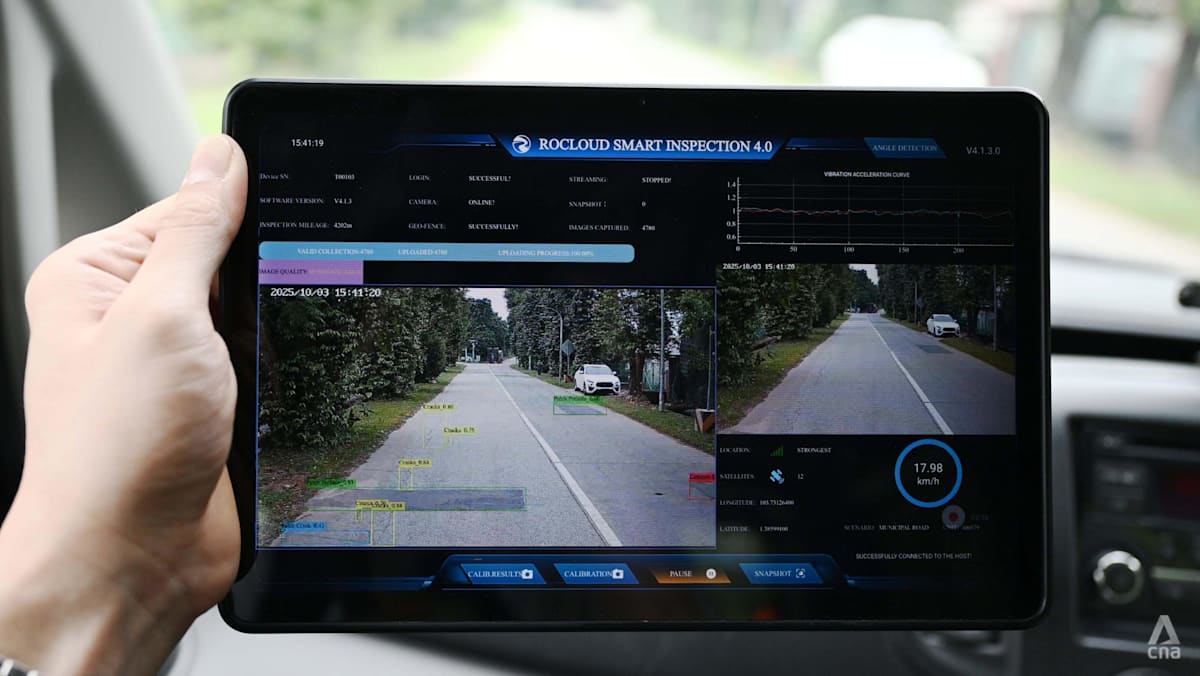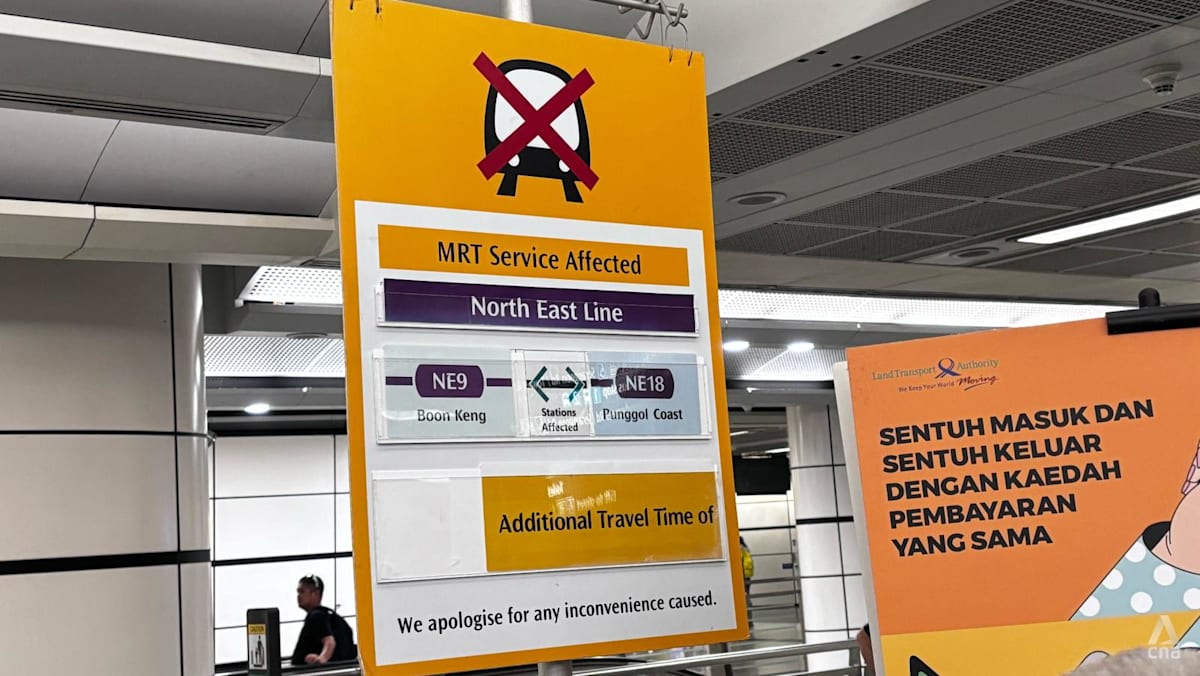Her trip is part of her first official tour of Southeast Asia, amid the UK government’s renewed push to strengthen its strategic and economic footprint in the Indo-Pacific.
EXPANDING ECONOMIC PARTNERSHIP
Singapore and the UK have seen growing collaboration across investment and trade, underpinned by the 2022 UK-Singapore Digital Economy Agreement.
The landmark pact establishes shared rules on cornerstones of the digital economy such as cybersecurity and data protection, and has paved the way for partnerships in green finance and digital innovation.
Additionally, bilateral trade has climbed to about S$40 billion (US$31 billion), accounting for around 40 per cent of the UK’s total trade with Southeast Asia.






